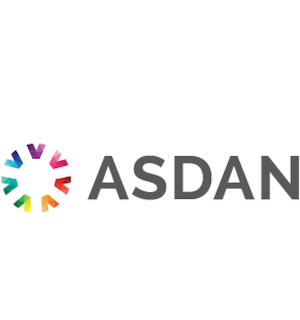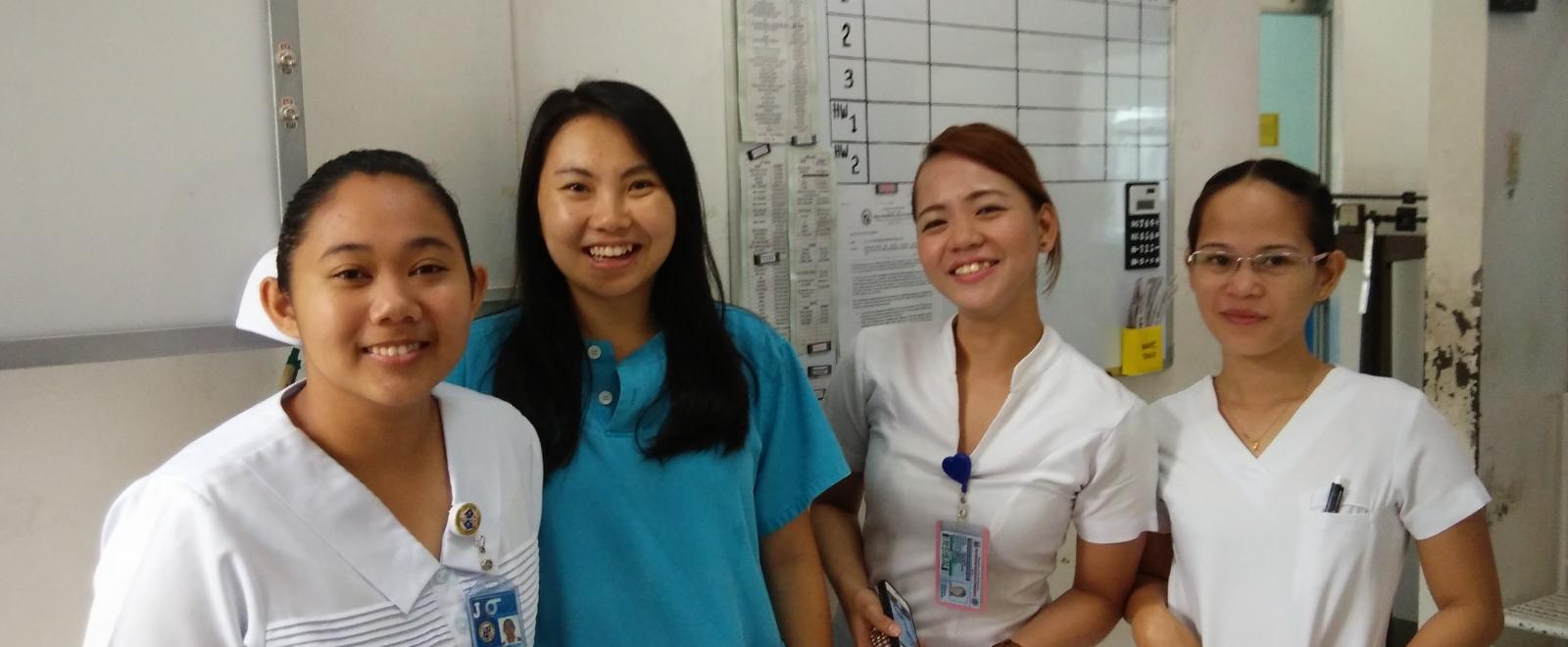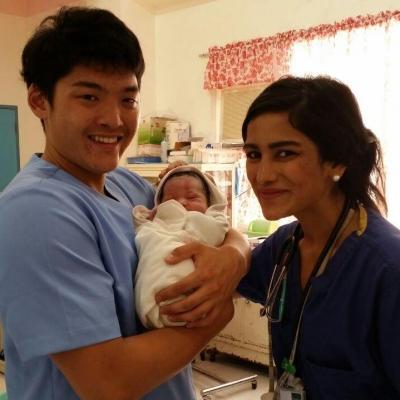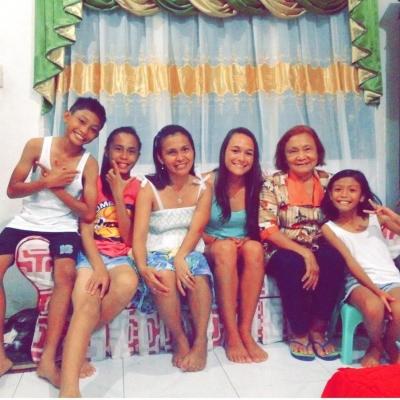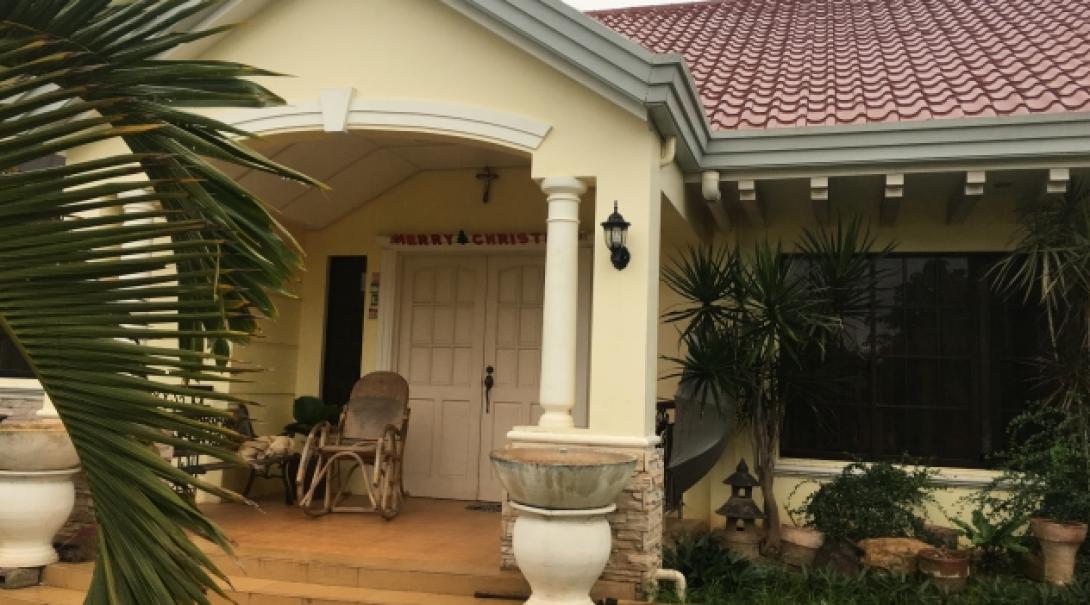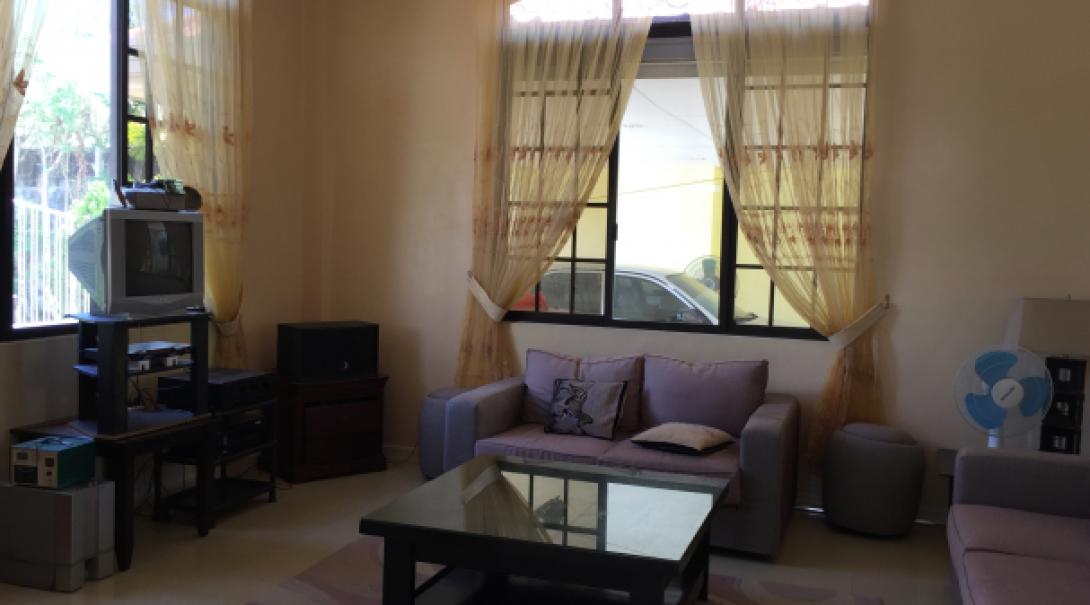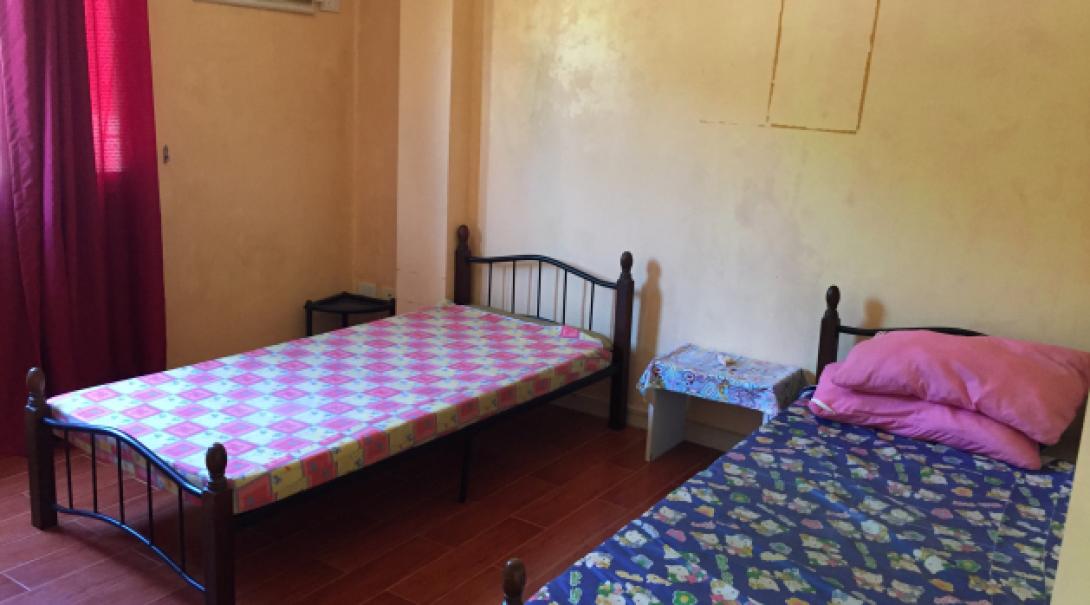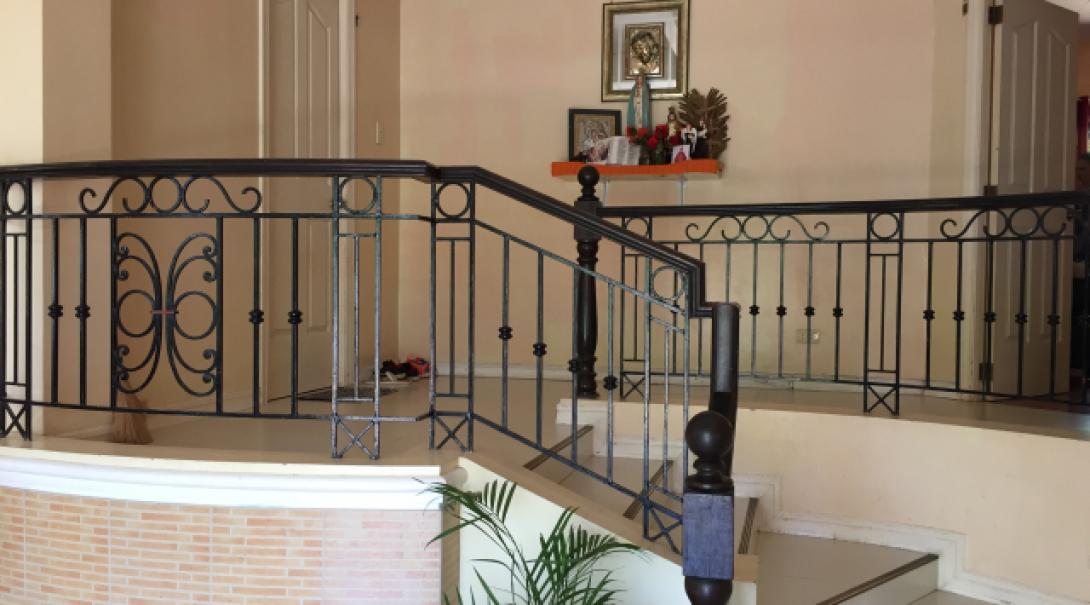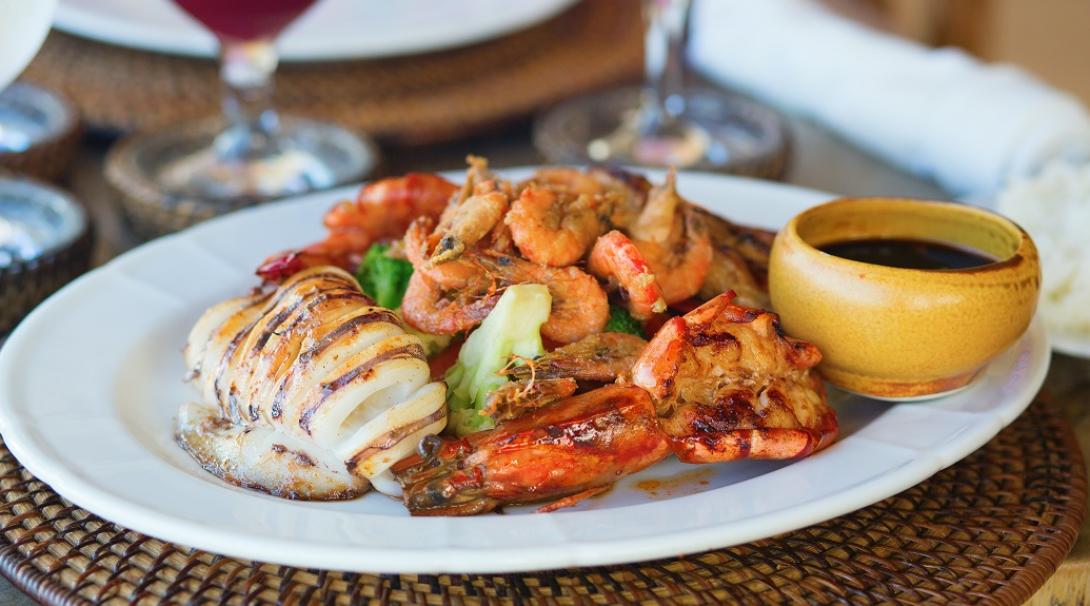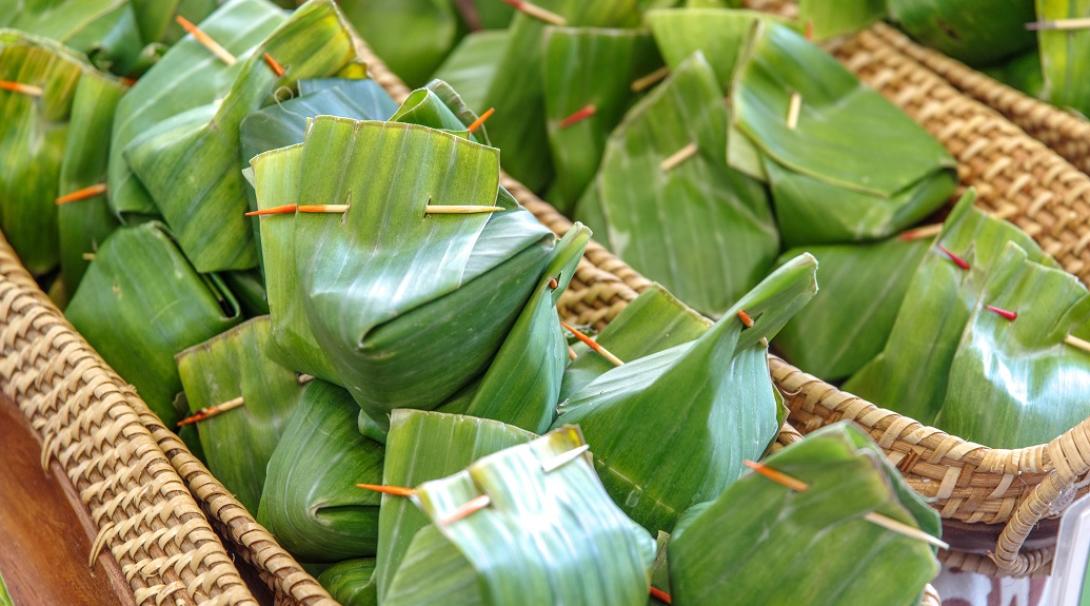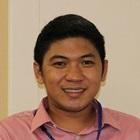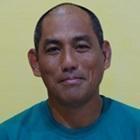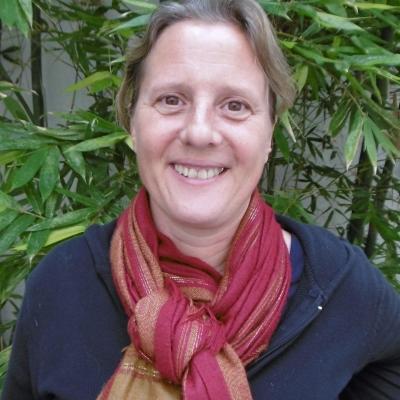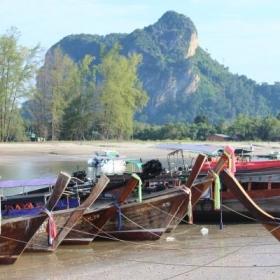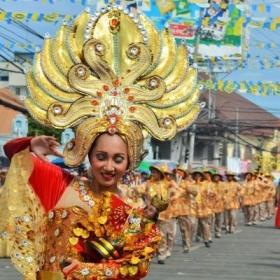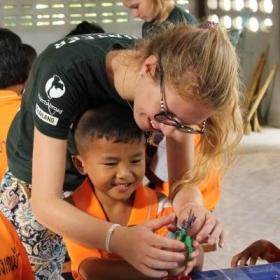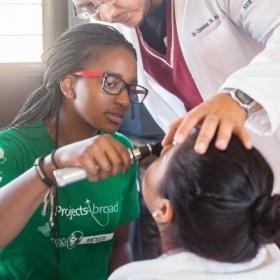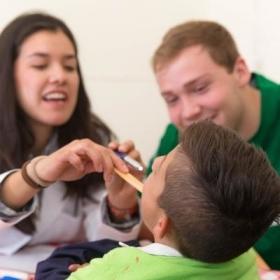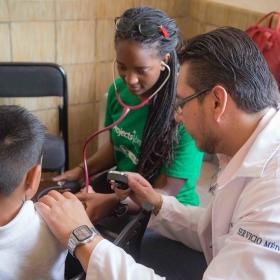At a glance
- Get the experience you need to launch a career in medicine by learning directly from doctors and nurses in hospitals or health centres.
- We’ll teach you about diagnosing and treating diseases that you wouldn’t see at home, like dengue fever.
- Gain practical experience during outreaches in rural areas by doing health checks and assisting with distributing medication under supervision.
Is a Medical internship in the Philippines right for me?
Are you planning to pursue a medical career? Looking to gain work experience in a professional medical setting? Then this is the internship for you.
Use the experience to boost your resume and increase your practical medical knowledge. We encourage you to ask questions and take notes. You may learn something that can’t be found in any textbook back home!
Let us know if you are interested in working in a specific department. We can tailor the program to your requirements and interests.
No experience is needed to join this project. Interns without experience will shadow staff at a Rural Health Unit. Interns with a year or more of medical school experience can choose between interning at the Rural Health Unit or District Hospital.
You can join at any time throughout the year. To get the most out of the experience, we recommend staying as long as possible. Staying for shorter periods also limits the number of departments you see, and the number of outreaches you work on.
English is one of the official languages of the Philippines, so there isn’t much of a language barrier. The medical staff will be on hand to translate for you if a patient can’t speak English. Our own medical supervisor is also on hand at the hospital, should you need to speak to someone from Projects Abroad.
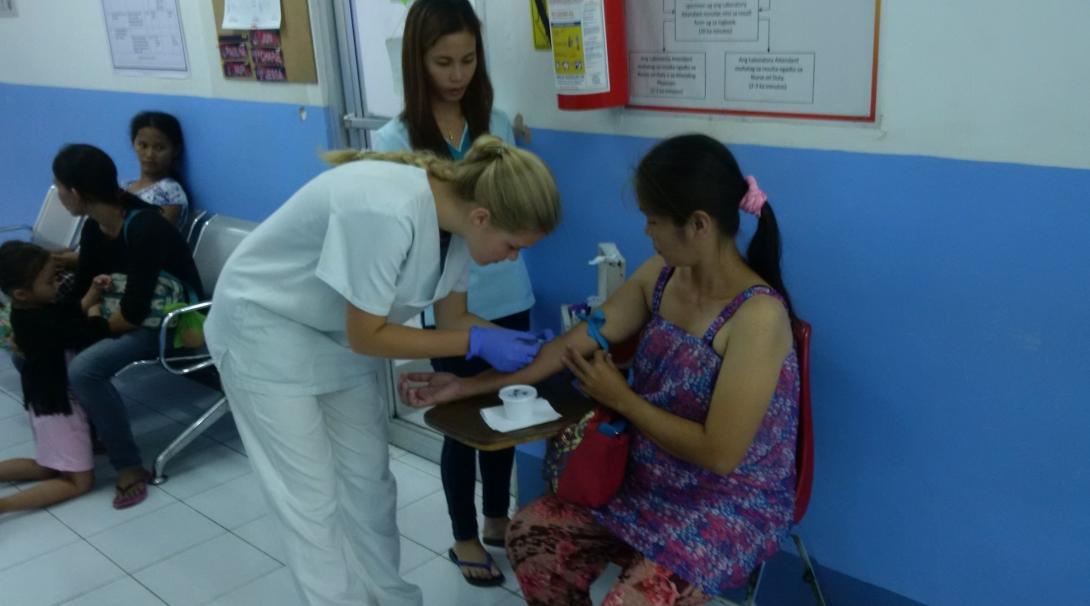
What will I do on this project?
You’ll work in a hospital and use your time to learn as much as possible from the doctors. Here are some of the tasks you can expect to do at your medical placement in the Philippines:
- Observe and assist doctors in a district hospital
- Help out with a wide range of different cases at the City Health Office
- Work at a Rural Health Unit which provides care to impoverished communities
- Take part in medical outreach and health education programs
Your work will be split in four main areas:
Observe and assist doctors in a district hospital
You’ll shadow and learn from doctors in a busy district hospital. Depending on your previous medical experience, you might be able to assist with medical procedures. This option is a great way to gain medical work experience in a range of different departments, like obstetrics or laboratory testing.
There will also be regular workshops where doctors will teach you about different diseases and techniques, such as Dengue fever or inserting an IV.
Help out with a wide range of different cases at the City Health Office
City Health Offices are government-run medical clinics that provide medical care to those who can’t afford more expensive private treatment. These centers offer a number of healthcare services, such as minor surgeries, maternity and child care, disease control, and family planning services.
The health office runs outreach sessions in the wider community, which you’ll join. During these outreaches, you’ll sit in on medical consultations, and observe other services such as eye and dental checks.
Work at a Rural Health Unit which provides care to impoverished communities
Rural Health Units (RHU) clinics are the only source of free healthcare for impoverished communities in rural towns. They are usually staffed by one doctor, a few nurses and midwives, and offer a wide range of services.
At the RHU, you can work across many departments each week to learn from and support staff in different areas. You’ll observe, and if you have the necessary experience, you can assist with deliveries, immunizations, and assessments.
Take part in medical outreach and health education programs
With changes in lifestyle and diets, non-communicable diseases such as diabetes and high blood pressure now represent up to 67% of deaths in the Philippines. A lack of education and resources make it difficult to combat these preventable diseases within the country.
As part of your outreach work, you will help raise awareness of diseases and share how people can live healthier lives. You’ll also promote good hygiene, which will help communities prevent infectious diseases.
Every month, we hold a monthly medical outreach camp, which provides healthcare services to those in disadvantaged areas. All of our medical interns attend and help out at the camp, working under supervision.
What types of medical placements in the Philippines are available?
Do you have an interest in a particular area of medicine? Or would you prefer to rotate through different specialties for a broader experience? Here are some of the departments available in our partner hospital:
- Emergency Room
- Delivery Room
- Surgery
- Neo-natal Intensive Care Unit
- Laboratory
- Pharmacy
- Radiology
- Dentistry
- Consultation
- Nutrition
- Obstetrics
If you choose to work in the City Health Office or one of the Rural Health Units, you will still be exposed to a wide variety of different cases. Services include maternity and child care, control of specific diseases, and nutrition advice.
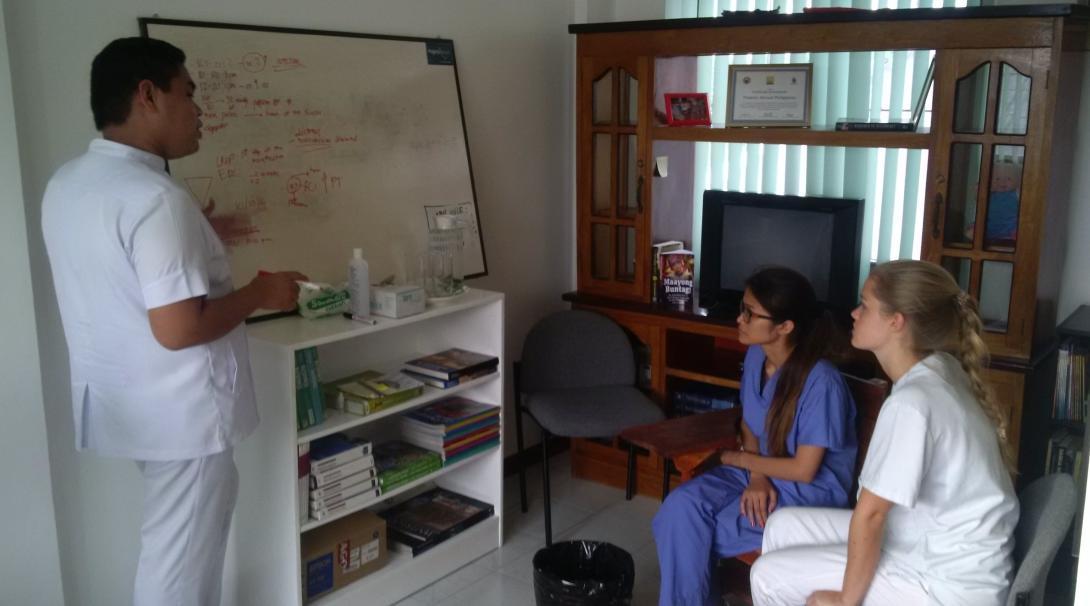
Where in the Philippines will I be working?
Depending on the placement you choose, you’ll either be working in Bogo City or the Municipality of San Remigio. These two locations are around 7 miles apart, so it’s not far to travel between them if needed. They are situated on the far north of Cebu Island, which is surrounded by 167 smaller islands and islets to form Cebu Province.
Cebu offers some incredible activities for you to enjoy in your time off. White sandy beaches, scuba diving, hikes, and boat trips to the surrounding islands are just some of the options. Experience the local cuisine, visit some historical monuments and absorb the sights and smells of your temporary home.
Bogo City
There are three placement options in Bogo City. The district hospital is based here, as well as the City Health Office. You can also work one of the Rural Health Units. As the name suggests, they are based further away from the city center.
Bogo City may be small, but it has all the conveniences you might need, like banks and ATMs, grocery stores, and numerous restaurants. There is also a bustling local market, some eye-catching monuments, and beautiful scenery.
San Remigio
If you’d like to work in one of the Rural Health Units, then San Remigio is another option. As you will be living with your host family in Bogo City, you will need to commute here via a motorized tricycle, similar to a rickshaw.
San Remigio has the longest coastline of any municipality in Cebu. You should definitely take advantage of this during your time off, whether it’s scuba diving or simply relaxing on the beach after your day at work.
A typical day on our medical internship in the Philippines
Your working hours are decided on a weekly basis. Most interns work from Monday to Friday and have the weekends free. You also have the option to work night shifts. Typical working hours are from 8am - 12pm and then 1pm - 4pm. This internship has one of the longest shifts of all our medical programs. It’s a great opportunity to get as much experience as possible.
On any given day, you’ll enjoy breakfast with your host family before traveling to your work placement. Your daily tasks will vary according to the placement you choose. It will mainly be observational work, learning from the staff you are shadowing. Depending on your experience, you may be given more practical work. This is at the discretion of local medical staff.
You have a medical supervisor for the duration of your placement. They oversee your work, assign you tasks, and assist with any issues you might have.
On top of your hospital rotation, you’ll work together with our Public Health interns on a number of activities. These include medical outreach camps and educational workshops. You will learn new skills such as newborn screening and vital check training. You’ll also work on outreach campaigns focusing on issues such as Dengue eradication.
Once you’re done for the day, take the chance to explore your surroundings. Go out for dinner with your fellow interns, spend time getting to know your host family, or take part in our regular social events. Join local staff and interns for karaoke nights, dance classes, and more.
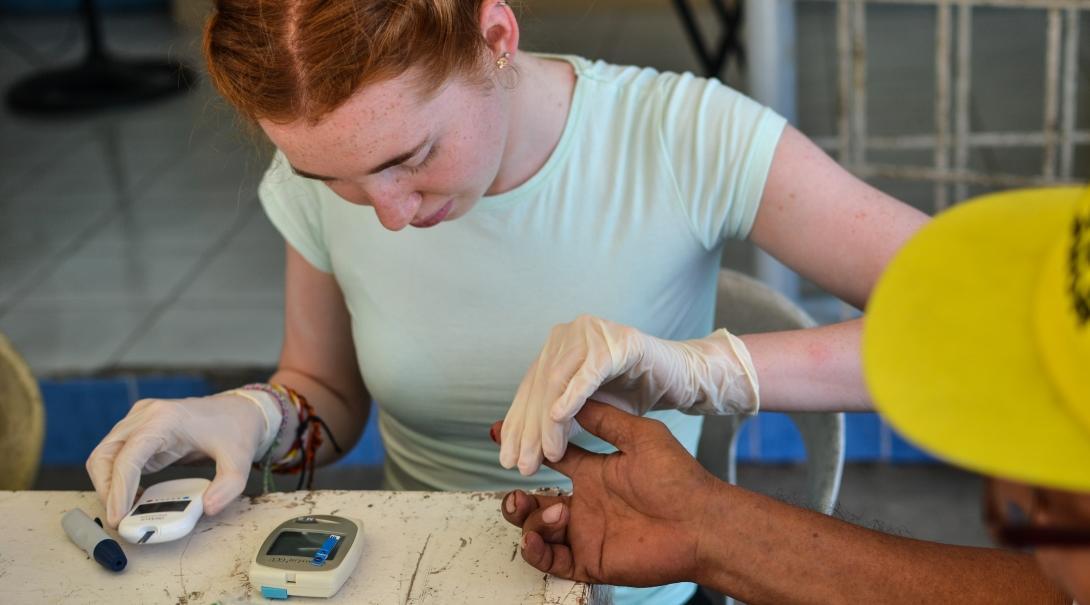
What are the aims and impact of this project?
The aim of this project is to provide our interns with a solid educational experience, learning about healthcare practice in a developing country.
You will also work to benefit the local community by supporting the work of medical staff during outreaches. Many Filipinos die from entirely preventable diseases resulting from poor hygiene, diet, or lifestyle. In addition, those with financial constraints often cannot access the treatment they need.
The country is also burdened by infectious diseases due to poor hygiene standards and a lack of proper sanitation. Through awareness campaigns in the local community, we work to improve hygiene standards. Our Building Project is also helping to tackle this issue by constructing toilets.
One of the most common health issues in the Philippines is Dengue Hemorrhagic Fever. This tropical disease is spread by mosquitoes. Part of your outreach work will involve preventing the spread of disease by destroying mosquito breeding grounds. You’ll also get involved in raising awareness among the population about prevention methods and the importance of treatment.
In order to improve the overall standard of health and wellbeing among the local population, we aim to:
- Promote awareness of non-communicable diseases
- Improve the quality of treatment for those with disabilities
- Improve the quality of healthcare provided to patients
By targeting these areas of need at your placement, you will contribute towards long-term change, while also gaining valuable medical work experience in the Philippines.
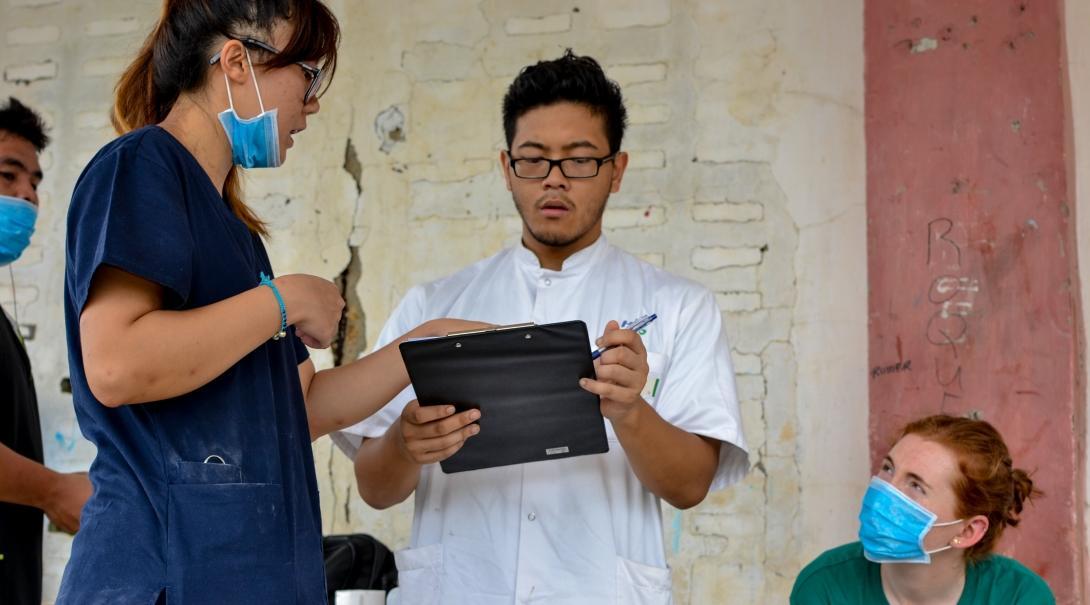
Management plans
We set out the aims and objectives of our projects in documents called Management Plans. We use them to properly plan the work you’ll do. They also help us measure and evaluate our achievements and impact each year.
Ultimately, our Management Plans help us make our projects better. This in turn means you get to be part of something that makes a real impact where it’s needed. Read more about our Management Plans.
Measuring our impact
Our projects work towards clear long-term goals, with specific annual objectives. Every volunteer and intern we send to these projects helps us work towards these goals, no matter how long they spend on our projects.
Every year we take a step back and look at how much progress we've made towards these goals. We put together a Global Impact Report, which documents our achievements. Find out more about the impact our global community of volunteers, interns and staff make, and read the latest report.
Food and accommodation
You'll stay with a host family in Bogo City. They will welcome you into their home, eager to share their customs and have you teach them about your own culture. We believe that this is the best way to immerse yourself in the culture of the Philippines and have a truly unique experience.
We will always try to let you live alongside at least one other Projects Abroad volunteer or intern at the same host family. Your room will be modest, but comfortable, clean, and safe.
Your programme fee includes three meals a day.
Find out more about our accommodation.
Leisure activities and free time
The Philippines is made up of over 7,000 islands, so naturally there are some beautiful beaches where you can relax during your free time. However, there are plenty of other activities to keep you busy during your trip.
With white-sand beaches come all the exciting activities associated with living close to the sea. You can go snorkelling through the pristine waters, play volleyball, or relax on the sand as the sun sets.
In Cebu City itself, you can explore the traditional Carbon Market. For an insight into the country’s history, you can visit Fort San Pedro and Magellan's Cross. Here, you’ll learn more about the Spanish conquest.
The Spanish influence is also felt in the regular fiestas and street parades held in the Philippines. If you volunteer around the end of January, you’ll even get to experience the Sinulog Festival, a nine day Mardi Gras-style party.
With so many volunteers joining us throughout the year, there will likely be other volunteers in the Philippines during your trip. You can connect with them and explore as a group or travel independently if you prefer.
Safety and staff support
Your safety and security is our prime concern. We have many procedures and systems to ensure you have the support you need to enjoy your trip with peace of mind. Our Projects Abroad staff are available 24 hours a day to help, and will be on hand to make sure you settle in well at your accommodation and placement. If you encounter any problems, they will be available to help at any time.
Find out more about safety and backup.
This placement is fully researched, safety audited, and risk assessed in accordance with the British Standard BS8848 for the Adventure Travel Sector.
Meet the team in the Philippines
Not quite what you’re looking for?
Take a look at the following pages where you'll find collections of similar projects:
Enquire Now
Our accreditations













